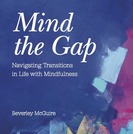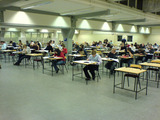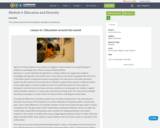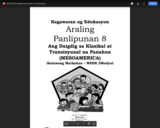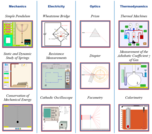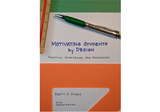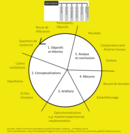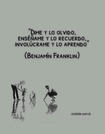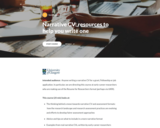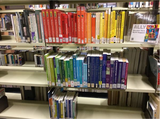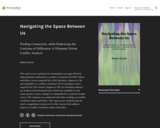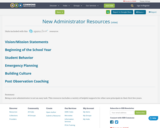Short Description:
En tant que pratique de recherche appliquée, l’évaluation des politiques publiques a emprunté toute une série de méthodes aux sciences sociales. Mais son essor a aussi suscité le développement d’approches spécifiques. Partant de ce constat, deux choix fondamentaux guident cet ouvrage : combiner des outils issus de la recherche fondamentale avec d’autres développés dans la pratique de l’évaluation, et ouvrir un dialogue entre méthodes quantitatives et qualitatives.24 méthodes ou approches qualitatives, quantitatives ou mixtes font ainsi l’objet de présentations didactiques et illustrées, à partir d’une trame de questionnement commune facilitant leur comparaison.Par son accessibilité, cet ouvrage constitue aussi bien un outil de dialogue interdisciplinaire et inter-méthodes pour les universitaires, qu’une introduction aux enjeux méthodologiques de l’évaluation pour les étudiant-e-s, praticien-ne-s, les acteurs publics et la société civile.
Long Description:
En tant que pratique de recherche appliquée, l’évaluation des politiques publiques a emprunté toute une série de méthodes aux sciences sociales. Mais son essor a aussi suscité le développement d’approches spécifiques.
Partant de ce constat, deux choix fondamentaux guident cet ouvrage : combiner des outils issus de la recherche fondamentale avec d’autres développés dans la pratique de l’évaluation, et ouvrir un dialogue entre méthodes quantitatives et qualitatives.
24 méthodes ou approches qualitatives, quantitatives ou mixtes font ainsi l’objet de présentations didactiques et illustrées, à partir d’une trame de questionnement commune facilitant leur comparaison.
Par son accessibilité, cet ouvrage constitue aussi bien un outil de dialogue interdisciplinaire et inter-méthodes pour les universitaires, qu’une introduction aux enjeux méthodologiques de l’évaluation pour les étudiant-e-s, praticien-ne-s, les acteurs publics et la société civile.
Word Count: 82758
(Note: This resource's metadata has been created automatically as part of a bulk import process by reformatting and/or combining the information that the author initially provided. As a result, there may be errors in formatting.)

